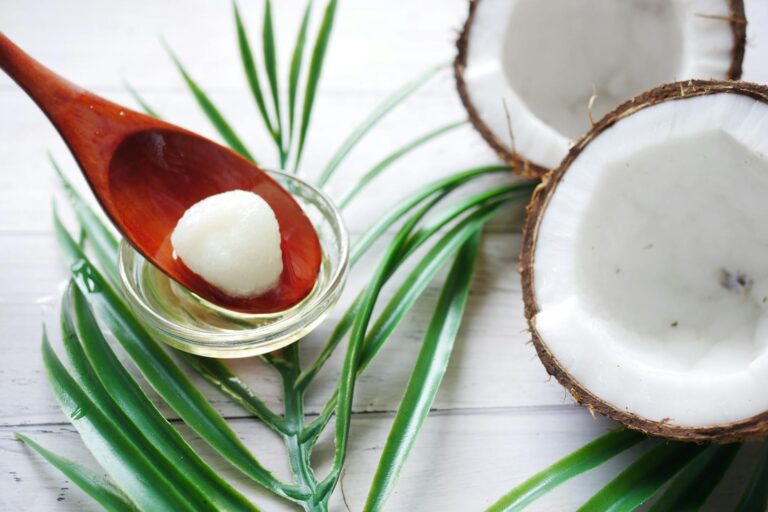Dehydration can indeed cause joint aches and discomfort. This happens because water is a critical component in maintaining the lubrication and cushioning of joints. When the body is dehydrated, the synovial fluid that lubricates joints becomes less effective, leading to increased friction and stiffness, which can cause pain or aching sensations in the joints[4][6][7].
Joints rely on synovial fluid, a viscous liquid that reduces friction between cartilage surfaces during movement. This fluid is largely composed of water, and adequate hydration helps maintain its volume and viscosity. When dehydration occurs, the volume of synovial fluid decreases, making joints less cushioned and more prone to stiffness and pain[4]. This is why people often feel joint stiffness or aches during periods of dehydration or in dry weather conditions.
Beyond lubrication, dehydration affects the soft tissues around joints, such as muscles, tendons, and ligaments. These tissues contain proteoglycans, molecules that act like sponges to absorb water and distribute mechanical forces. Dehydration causes water loss in these proteoglycans, making tendons and ligaments more brittle and less elastic, which increases the risk of injury and contributes to joint discomfort[1]. For example, a 2025 study showed that dehydration reduces tissue extensibility by 15-20%, increasing the likelihood of tears in dynamic activities[1].
Dehydration also impairs muscle function, which indirectly affects joint health. Muscles that surround joints require adequate hydration to contract and relax properly. Dehydrated muscles shrink and fatigue faster, which can lead to increased strain on joints and surrounding connective tissues. This can cause muscle cramps and spasms that contribute to joint pain or discomfort[1][3][7].
Neurologically, dehydration slows nerve conduction and impairs proprioception—the body’s ability to sense joint position and movement. This can lead to poor coordination and increased risk of falls or injuries that affect joints[1][3]. Additionally, dehydration disrupts electrolyte balance, which is essential for muscle contraction and repair. Imbalances in sodium, potassium, and magnesium due to dehydration can cause muscle cramps and stiffness, further aggravating joint pain[1].
Older adults are particularly vulnerable to dehydration-related joint pain because their bodies regulate water and temperature less efficiently. Dehydration in seniors can lead to muscle pain, fatigue, and confusion, all of which can exacerbate joint discomfort[8].
Environmental factors such as weather also interact with hydration status to influence joint pain. Studies have shown that cold temperatures and changes in barometric pressure can worsen joint pain, possibly by affecting synovial fluid flow and joint inflammation. High humidity, often linked with low pressure, can increase inflammation and the perception of joint pain. Dehydration can worsen these effects by reducing joint lubrication and increasing stiffness[4].
In sports and physical activities, maintaining hydration is crucial to protect joints and muscles. Proper hydration lubricates joints, improves blood circulation, enhances recovery, and reduces injury risk. Dehydration increases the risk of musculoskeletal injuries by reducing blood flow to muscles and ligaments and causing muscle cramps that may lead to falls or accidents[1][3][6].
In summary, dehydration affects joints through multiple mechanisms: reducing synovial fluid lubrication, making connective tissues brittle, impairing muscle function, disrupting electrolyte balance, and affecting nerve function. These changes can cause joint stiffness, aches, and increase injury risk. Staying well-hydrated is essential for maintaining joint health and preventing discomfort, especially during physical activity, in older adults, and in adverse weather conditions.
Sources:
[1] Nottingham Physio, 2025 study on dehydration and tissue extensibility
[3] Work-Fit, Hydration and injury prevention
[4] iSpine Clinics, Weather and joint pain research
[6] STYRKR, Importance of hydration in sport
[7] Western Kentucky University, Hydration and muscle/joint function
[8] LAJ Health, Water and senior health





